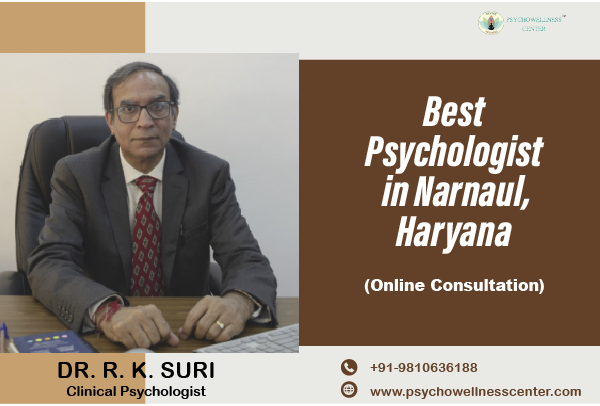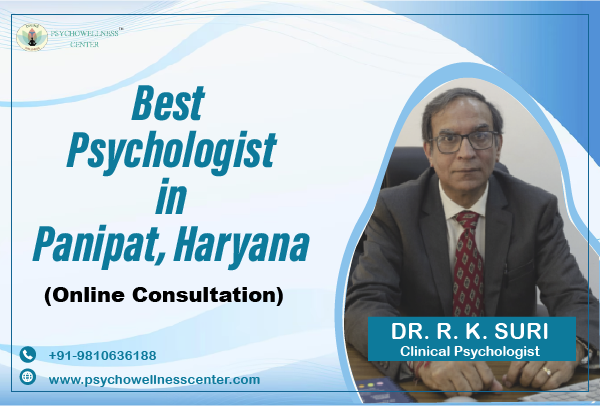Family Therapy & Couple Counseling for Sex Addiction

Sex addiction, like any other addiction, can significantly impact relationships and family dynamics. It can lead to mistrust, resentment, and emotional disconnection between partners and family members. However, with the right support, families and couples can heal and rebuild their relationships. Family therapy and couple counseling are two effective approaches to addressing sex addiction, offering emotional healing, restoring communication, and creating a supportive environment for recovery.
Understanding Sex Addiction
Sex addiction, also known as compulsive sexual behavior, involves engaging in sexual activities excessively to the point that it disrupts daily life, work, and relationships. People struggling with sex addiction often feel shame, guilt, and distress, yet they find it difficult to control their behaviors. This condition can take various forms, such as excessive consumption of pornography, compulsive masturbation, engaging in risky sexual behaviors, or having multiple affairs.
Impact on Couples and Families
When a person in a relationship suffers from sex addiction, the consequences can be far-reaching. For couples, the addiction may result in betrayal, loss of trust, emotional pain, and a lack of intimacy. Partners may feel hurt, angry, and confused as they grapple with their partner's behaviors. Many partners of people with sex addiction develop feelings of inadequacy or believe they are responsible for the addiction, even though this is not the case.
Families, especially children, can also be affected by sex addiction. In some cases, family members may notice a breakdown in communication, increasing arguments, or emotional distance. Children might not fully understand what's happening but could sense the tension or disruption in the family dynamic. Fortunately, family therapy and couple counseling can help individuals understand the addiction, repair relationships, and move toward a healthier future.
The Role of Family Therapy
Family therapy plays an important role in the recovery process of sex addiction by addressing the impact of the addiction on the entire family. In family therapy sessions, the therapist works with the person struggling with addiction and their family members to foster open communication, repair trust, and support emotional healing.
Key Benefits of Family Therapy:
- Improved Communication:- Family therapy encourages open, honest communication between family members. Often, addiction creates a barrier to clear communication, leaving many emotions unexpressed or misunderstood. Through therapy, families can learn how to talk about their feelings and constructively listen to each other.
- Repairing Trust:- Addiction often damages trust within a family. Family therapy helps rebuild trust through accountability, transparency, and forgiveness. The person with the addiction learns how to take responsibility for their actions, while family members learn how to express their pain and work toward forgiveness.
- Support for the Entire Family:- Sex addiction affects everyone in the family, not just the individual with the addiction. Family therapy provides a safe space for all family members to share their experiences, express their feelings, and receive the support they need to heal.
- Setting Boundaries:- Therapy helps families establish healthy boundaries, which are essential in the recovery process. This may include setting limits on certain behaviors, agreeing on transparency regarding phone or internet use, and defining what is acceptable in the relationship moving forward.
The Role of Couple Counseling
Couple counseling focuses specifically on the relationship between partners. When sex addiction is present, the relationship is often strained due to feelings of betrayal and loss of intimacy. Couple counseling offers a structured environment where partners can work through these challenges, rebuild trust, and strengthen their emotional connection.
Key Benefits of Couple Counseling:
- Rebuilding Intimacy:- Sex addiction can create a barrier to intimacy, both emotional and physical. Couple counseling helps partners reconnect by addressing the root causes of the addiction and working on strategies to restore intimacy healthily.
- Addressing Betrayal and Hurt:- Partners of people with sex addiction often feel betrayed and deeply hurt by the addictive behaviors. Couple counseling allows both partners to express their feelings in a safe and supportive environment. Through guided conversations, couples can begin the process of forgiveness and healing.
- Developing Healthy Coping Mechanisms:- Addiction often leads to unhealthy coping mechanisms, such as avoidance, denial, or blaming. In counseling, couples learn how to address the addiction without resorting to destructive patterns. They can also learn tools for managing stress, conflict, Anxiety, Depression, mood swings, and emotional triggers more healthily.
- Rebuilding Trust and Accountability:- Trust is often shattered in relationships where sex addiction is present. Couple counseling focuses on rebuilding trust through open communication, accountability, and transparency. This might include practices like regular check-ins, establishing clear expectations, and working on rebuilding emotional closeness.
How Therapy Helps in Recovery
Both family therapy and couple counseling are essential components of recovery from sex addiction. These therapies help the individual with addiction recognize how their behavior affects their loved ones and provide tools for managing the addiction.
For the family and partner, therapy offers a space to process their emotions, rebuild trust, and learn how to support their loved ones without enabling harmful behaviors. Therapists who specialize in addiction often incorporate cognitive-behavioral therapy (CBT), mindfulness techniques, and communication skills into their sessions to help families and couples work through the challenges of addiction.
Therapy also encourages the development of healthier behaviors, which helps prevent relapse. Both the individual with the addiction and their family or partner learn to recognize triggers, manage stress, and create a supportive environment for recovery.
Seeking Professional Help
Overcoming sex addiction is not an easy journey, but professional help is available. Therapists who specialize in family therapy and couple counseling can provide valuable guidance and support throughout the recovery process. It’s important to find a therapist who understands addiction and has experience working with couples and families affected by sex addiction.
Conclusion
Sex addiction can take a significant toll on relationships and family life, but it doesn’t have to be the end. Family therapy and couple counseling offer effective ways to repair relationships, rebuild trust, and create a supportive environment for recovery. By addressing both the emotional and behavioral aspects of sex addiction, families and couples can heal together, moving forward with a stronger foundation of trust, understanding, and communication.
Additionally, you may schedule an appointment with the top professional psychologists and receive Mental health counseling at the Psychowellness Centre, which has many locations in Delhi NCR, NOIDA, Faridabad, Janakpuri, Dwarka, and Vasant Vihar.
Contribution: Dr (Prof) R K Suri, Clinical Psychologist, life coach & mentor TalktoAngel & Ms. Aditi Bhardwaj, Psychologist.
References
- Carnes, P. (2001). Out of the Shadows: Understanding Sexual Addiction. Hazelden Publishing.
- Schneider, J. P., & Weiss, R. (2001). Closer Together, Further Apart: The Effect of Technology and the Internet on Parenting, Work, and Relationships. Gentle Path Press.
- Coleman, E. (2014). Sex Addiction: Understanding the Phenomenon, Diagnosing the Problem, and Managing the Treatment. American Psychological Association.




SHARE